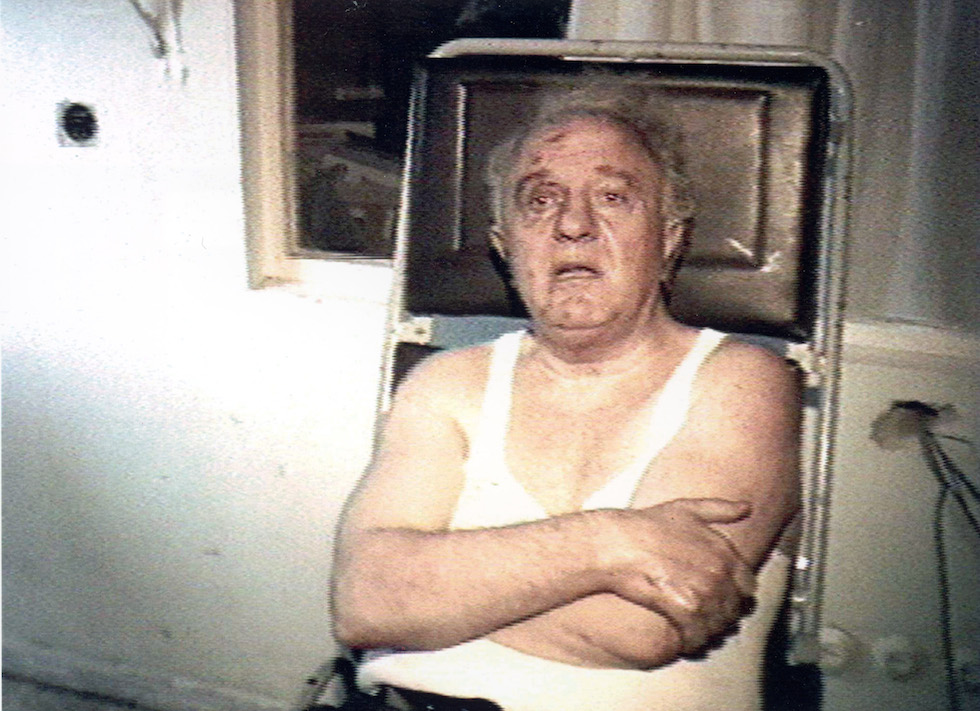He was among the important names of the Soviet Union during the Cold War: Who is Eduard Shevardnadze?
When Shevardnadze was the President of Georgia, he had to fight the civil war that broke out in the west of the country. Shevardnadze's withdrawal from the Georgian political scene was also eventful.

Eduard Shevardnadze was born on January 25, 1928. Shevardnadze was among the important figures of the Soviet Union during the Cold War. Shevardnadze, who served as the Minister of Foreign Affairs of the Soviet Union from 1985 until the dissolution of the union in 1991, was appointed as the President of the State Council after the military coup in Georgia in 1992.
President for two consecutive terms
Shevardnadze, who was elected President with 70 percent of the votes in the 1995 elections, also won the election in 2000 and continued his duty for two consecutive terms. When Shevardnadze was the President of Georgia, he had to fight the civil war that broke out in the west of the country.
Eduard Ambrosis dze Shevardnadze (25 January 1928 – 7 July 2014) was a Soviet and Georgian politician and diplomat who governed Georgia for several non-consecutive periods from 1972 until his resignation in 2003 and also served as the final Soviet Minister of Foreign Affairs from 1985 to 1990.
The civil war, which started in 1993, resulted in Russia's intervention in Georgia by supporting Shevardnadze and the assassination of former President Gamsakurdia, the leader of the opposition.
However, in the following years, Shevardnadze had a falling out with Moscow because of its Chechnya policy.
The Kremlin claimed that Chechen militants on Georgia's northern border were supported by the Shevardnadze government, and began supporting separatist forces in Georgia in retaliation.
Rose revolution
Shevardnadze's withdrawal from the Georgian political scene was also eventful.
Parliamentary elections held in 2003 were condemned by independent observers and many irregularities were reported.
The election results caused street protests throughout Georgia, and on November 22, 2003, protesters in the capital Tbilisi stormed the parliament building.
Due to the violence of the protests, President Shevardnadze had to flee with his bodyguards.
Then, with the mediation of Russia, Shevardnadze started negotiations with Mikhail Saakashvili, who was the leader of the opposition at that time and was later elected President of Georgia.
As a result of the negotiations, Shevardnadze resigned from his post and led the country to general elections.
This event went down in history as Georgia's 'Rose Revolution'.
He died in Tbilisi on July 7, 2014.
